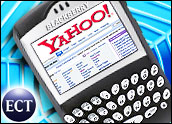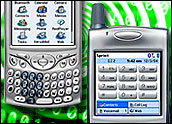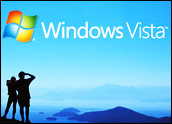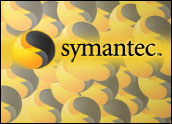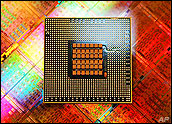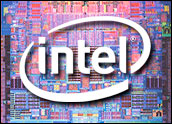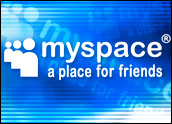
Social networking portal MySpace will host a series of hour-long sessions on college campuses that will allow people to ask questions of presidential candidates both in person and via the Web.
The “Presidential Town Hall” series is MySpace’s latest foray into national politics. The social networking powerhouse also recently revealed it will hold a virtual presidential primary on Jan. 1 and Jan. 2, and will launch monthly pre-primary “straw polls” that will measure the popularity of candidates among the MySpace users.
In March, MySpace announced the creation of the Impact channel, a section of its site that houses all the presidential candidates’ official MySpace pages.
The town hall meetings will be conducted on college campuses from September through December. Times and locations will be announced soon, MySpace said.
Up Close and Personal
The sessions will “create an intimate, hour-long dialog between one presidential candidate and the MySpace community while viewers at home submit questions via MySpace instant messenger and watch live via MySpace webcast,” said MySpace, a pioneer in the growing world of Web 2.0 social networking sites.
Candidates that have agreed to participate in a Presidential Town Hall hosted by MySpace include Sam Brownback, Hillary Clinton, Chris Dodd, John Edwards, Rudy Giuliani, Duncan Hunter, John McCain, Barack Obama, Ron Paul, Bill Richardson, Mitt Romney and Tommy Thompson.
Warts and All
The sessions “won’t be the stale debate format with one moderator getting canned answers to the same old questions,” MySpace CEO Chris DeWolfe said in announcing the venture. He stressed that MySpace users will be “unfiltered” and allowed to ask the candidates anything they want.
If that turns out to be true, it might not be seen as a good thing for some candidates, noted Julie Barko Germany, deputy director for The Institute for Politics, Democracy and the Internet at The George Washington University.
“To be quite honest, candidates don’t really want unfiltered questions,” she told TechNewsWorld. “They like to know what they’re going to be asked, whether it’s online or during a debate. So the idea that the questions will be unfiltered is very interesting. That element alone could engage people in a town hall.
The Young and the Interested
Citing “third-party metrics,” MySpace said most of its users are old enough to vote and are more involved in civic and social activity than are most other Internet users. Nearly 65 million Americans visit the social networking site monthly and more than 85 percent are of voting age, a comScore Media Metrics report revealed, according to MySpace.
Additionally, a Nielsen//NetRatings report found that MySpace users who are 18 or older “are nearly three times more likely than average Web users to interact online with a public official or candidate,” MySpace said. Nielsen//NetRatings also found that MySpace users are 42 percent more likely to view online videos that relate to politics or public affairs, 35 percent more likely to use the Web to research politics and campaigns and 44 percent more likely to listen to online audio related to politics and public affairs.
MySpace Is Their Space
MySpace’s town hall idea is good because it brings politics to the young people instead of making the young people come to politics, asserted Heather Box, development coordinator for the League of Young Voters.
“It’s meeting young people where they’re at,” Box told TechNewsWorld. “It’s something that’s fun, relevant and meaningful to them. Instead of trying to switch all the young people onto a new social networking site for, say Barack Obama or Hillary Clinton, they are using an existing social network.”
The decision to have the meetings at colleges will skew the participation toward younger people, Barko said, but she believes that’s a good thing. “Having them physically on college campuses probably isn’t as inclusive as are regular debates or town meetings,” said Barko. “But let’s face it: Young people in college are so busy they don’t have the time (to go to off-campus events) unless they are hyper-super-active.”

